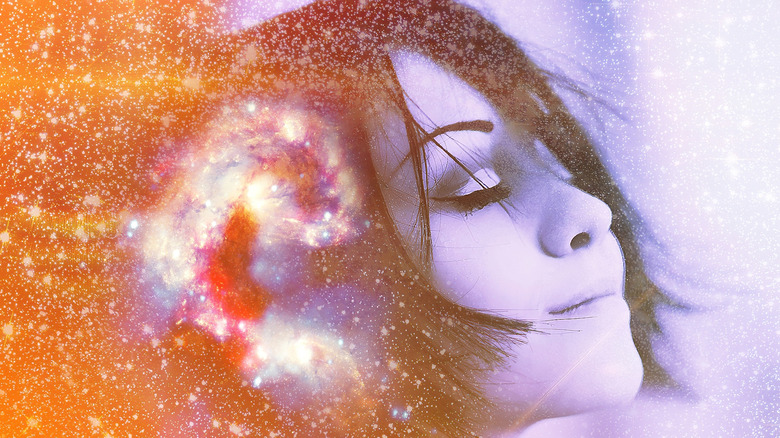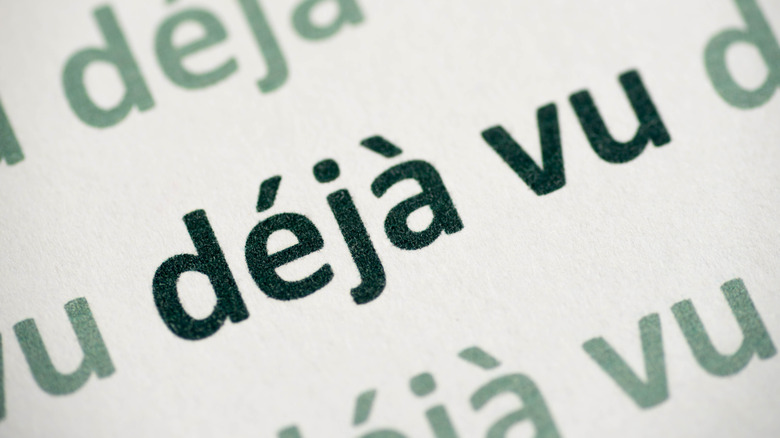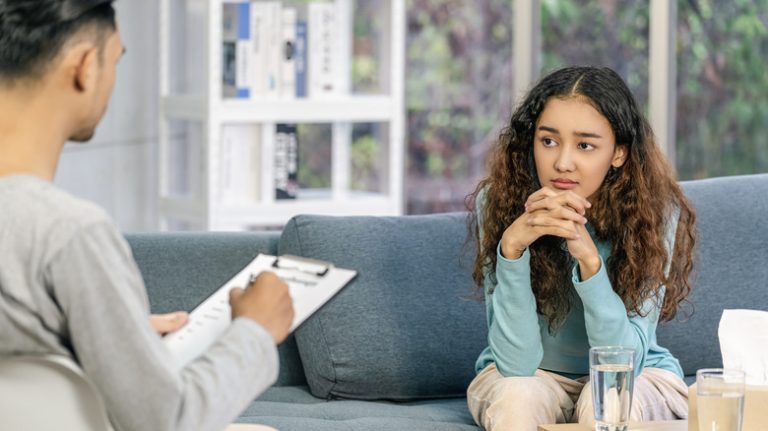You’re sitting with a friend at a coffee shop and listening to them share a story about their week when you get a bizarre feeling. The atmosphere feels way too familiar and for a split second you wonder, “Has this moment happened to me before?”
Many of us have been in a situation similar to this one, and the seemingly supernatural experience is common enough to have been granted the name “déjà vu.” The term déjà vu represents the sensation of feeling that you have already experienced something, even if you are consciously aware that you never have. As further explained by the Cleveland Clinic, 60% to 70% of people experience déjà vu, piquing the curiosity of both scientists and the average person as to why this could be. Interestingly enough, the clinic reports that the experience seems to decline as we age, with déjà vu being most common between the ages of 15 and 25. It has also been suspected to arise more often during the nighttime or on weekends.
Because déjà vu happens by chance and cannot be controlled, it is difficult to study in a laboratory setting. Attempts to explain why the strange phenomenon occurs range from metaphysical to scientific, with some even believing that déjà vu is an experience coming from a past life or parallel universe. However, most naysayers are convinced that it has to be due to activity happening within the human brain.
What can déjà vu research tell us?

The reason why déjà vu happens is not well understood, even by scientists. No matter what you consider to be the origin, it is interesting to speculate on, and some existing observations can provide valuable insight. Dr. Leslie Ellis, a registered clinical counselor, shared in an interview with MindBodyGreen that the temporal region of the brain has been associated with déjà vu. As further explained by Queensland Health, the temporal lobes are involved with the encoding of memories, understanding language, and emotional processing.
This region of the brain seems to align with current speculations that déjà vu may be related to memory. Anne Clearly, a cognitive psychologist, recreated feelings of familiarity in an experiment and discovered a potential connection to familiarity-based recognition. Familiarity-based recognition is a type of memory that describes moments where what we are experiencing feels vaguely familiar, yet we are unable to recall exactly where we know it from (per Association for Psychological Science). The participants studied the names of some celebrities before being shown photographs of various celebrities, including a few that the participants had previously studied. When asked to identify the celebrity in the photo, they felt that the celebrity was familiar to them, yet they were unable to identify why.
In another article published by the Academic Minute, neuroscientist Dr. Akira O’Conner proposed that the phenomenon may be due to the brain attempting to correct an error in memory, further supporting this theory.




